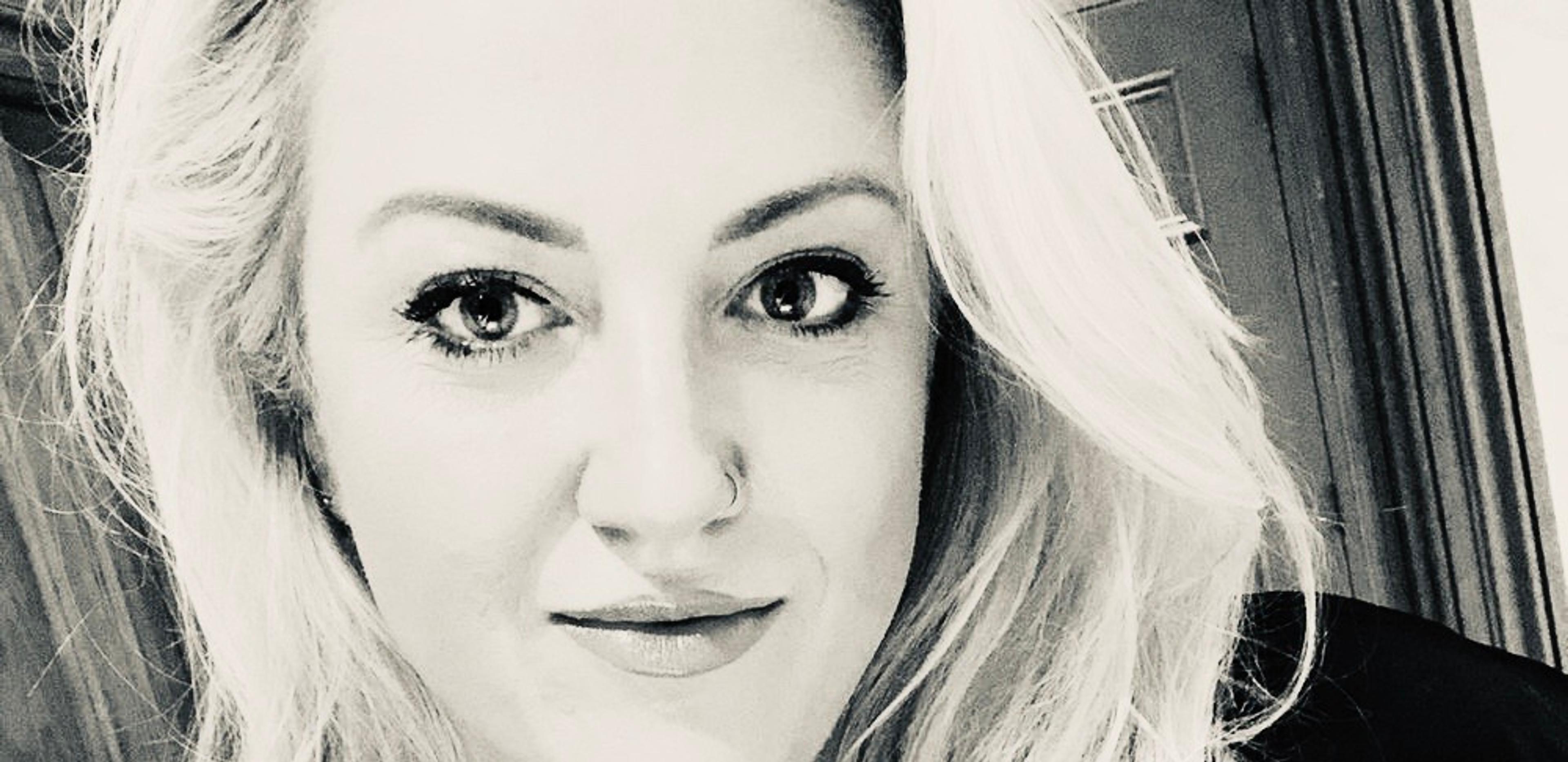I recently spoke to the lovely Shelley Folkes of Halo Aesthetics in Hereford. She talked me through the typical challenges practitioners face, as well as her thoughts on the future of aesthetics.
Hi Shelley! Tell us how you got started in the aesthetics industry.
I was working a stressful shift in A&E one night and just had a moment where I thought, “I don't want to do this anymore”. I really enjoyed helping people as a nurse, but was beginning to feel burned out.
I didn’t want to give up my nursing qualification, and medical aesthetics offered me a new career choice encompassing my passion for helping people feel good, along with my medical background and qualification. For me, that was perfect.
Around the same time, I was also suffering with acne, so there was a personal drive and a level of personal investment. I was already doing loads of research into skin, skincare, and treatments so it all sort of fused together. I saw a course that included skincare and I just thought, that's for me. I think my clients really like that I have gone through a skincare journey of my own and am able to advise them on a medical but also a personal level.
What’s been your biggest challenge working in aesthetics?
Working in the NHS, there's not much autonomy. Whether you go into aesthetics or you start a totally different brand new business, it comes as a shock. I think a lot of people go into it and think - just like I did - “ok, I'll do my training and that's it”, but, actually, there's a lot to consider. What about insurance? What about rent? What about products? What if you only have one client in a month and you end up throwing away loads of Botox? I think the reality is a shock to a lot of people. It's important to have some cash behind you because you will hemorrhage money in the first couple of years.
The vast majority of my training has been in treatments, learning the business, and my safety profile. As a nurse, you have a certain mentality, and asking for money is a very alien feeling. There are huge challenges that I think a lot of people don't actually get past.
How did you overcome the issues you were faced with?
Determination. I felt a sense of obligation as my dad had helped with the initial training, so I didn't want to let him down. I'm also an avid reader and spend a lot of time researching and learning new things. So I just consumed loads of information. I joined every FaceBook group, picked everyone's brains, and signed up to every online course I could do. I was just like a sponge; anything I could do to learn more, I did it. I just gradually changed my mind set and learned that you can be a nurse and set up your own business and be a decent person and be wealthy. There's this perception that, as a nurse, you should be mopping sick people's brows - you should be a lifesaver - but I still feel that my niche is that I want people to feel good about themselves. That's what I wanted to concentrate on and immerse myself in. It's not about how you look, it's more about how it makes you feel.
Speaking to others is key. I now read questions that I remember posting myself. And it's good to reflect on your own advancements and self-achievements.
What's the best thing about working in aesthetics?
I have people come and sit in front of me who are often really in a bad place, with acne or whatever else it might be, and when I've finished treating them, I pass them the mirror and they often cry with happiness.
My clients are an amazing bunch. I have what I call “soulmate” clients - I love every minute that I'm here working; there's always a good atmosphere. I think personality plays a big part in all businesses these days.
Why is it important to stay up to date within the aesthetics industry?
If you work in the industry, there should always be an element of personal interest - actually be interested in new treatments, products and developments. But, equally, keeping in touch with what your clients want, what's going on in your local area and what the demand is is also essential.
As a medical professional, you have a standard. If you're working in a hospital setting, what you do changes in accordance with what the latest research says, because things are changing really quickly in the medical industry. And it's the same in aesthetics, so learning new advances, new techniques and anything that's going to improve your safety profile is essential. If I'm selling something to my clients, I want to know it really does work. I'll research the hell out of it as it's important that my clients can trust in what I offer.
There's so much information out there, whether that’s through courses, in online groups, forums, on Youtube or Whatsapp groups. So it isn’t hard to stay up to date if you’re really interested in doing so.
What’s your favourite aesthetic treatment to perform?
I really like skincare treatments because they’re close to my heart. I love injectables because you can achieve amazing things with them. But I always tell my clients to get their skin in great condition first and then see how they feel, because the backdrop of great skin is incredible. People don't think about what that can really do for your confidence, but when your skin is glowing and dewy, you might think, “actually, I don't need any more than that”. Skin treatments are 99% risk free and I love that you can get such great results from them.
When I first came into aesthetics, I trained in microneedling, and intuitively put together my own facial - the Clarity Facial. It started out as a three-step facial and then moved on to a five-step treatment. I don’t offer any treatments that have downtime, because what I can do without the downtime is enough for most people.
What’s the one aesthetic treatment you couldn't live without?
Skin peels; I think they're really underrated. It's so easy when you start out to buy the latest machine, and you have to be so careful. I think because of that, things like chemical peels and microdermabrasion often get overlooked. That's what worked for me and is why I try to keep things simple and effective.
Positive body image is really important to me. Upselling in aesthetics, to me, is completely unethical. The last thing I'd ever want to do is give someone a complex about something that had never even thought about before.
What holds people back from getting aesthetic treatments?
There are three main things that hold people back from getting aesthetic treatments: money, trust and safety. Money is more often than not the biggest factor. Second to that, it's when people have paid money for a previous treatment and haven't seen the results they've expected or been told they'll see. Then, in terms of injectables, people worry because there's a lot of negative press and horror stories.
These are the kinds of things people are looking for in a practitioner. If people trust you, they will spend their money with you and they'll know that you can keep them safe. I think that everyone's safety profile should be their absolute priority.
What does the future of aesthetics look like?
I think it will continue to become more and more high street and mainstream, which is both good and bad. I think injectables need to be considered, not just a rash decision. But there is a risk that this could happen as a consequence of more accessible aesthetic treatments.
I think that technology will continue to advance, and machines and lasers will become more of a thing. But who knows what the future will bring. Things seem to be happening and changing all the time. But I think the industry will continue to grow.
I also think there'll be an increase in more medical-based treatments, which will move from the NHS to the aesthetics industry - things like skin tag removal, mole removal, mild acne and thread vein removal.

